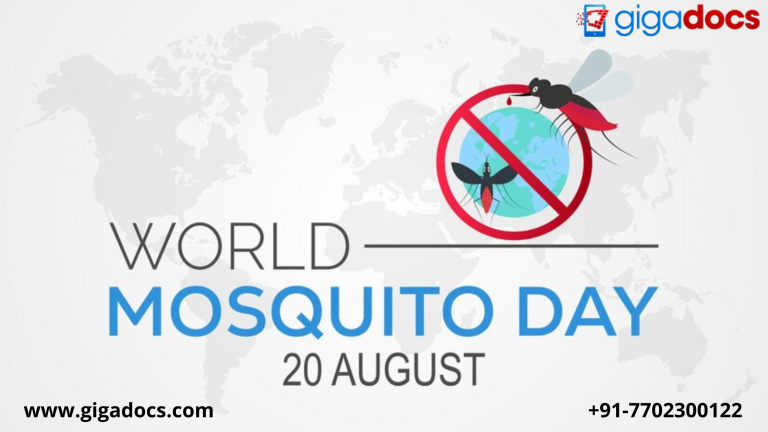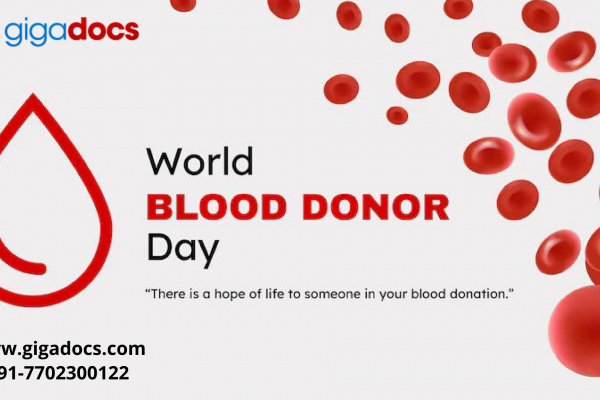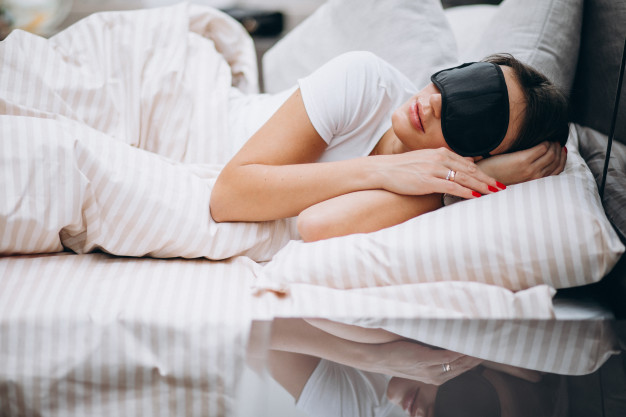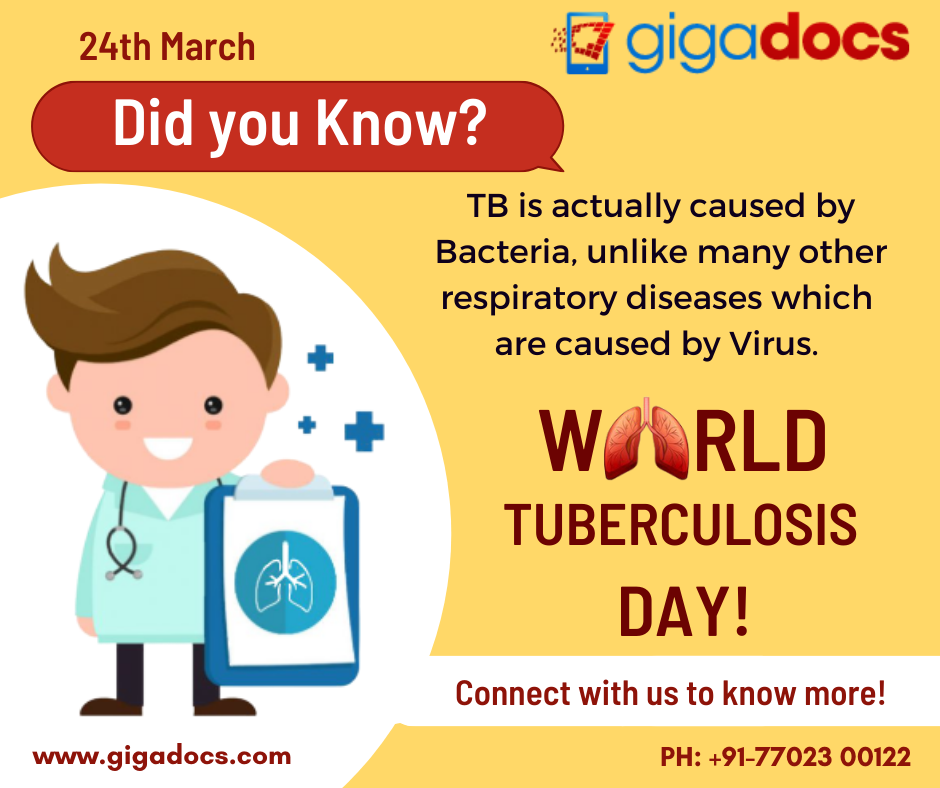Mosquitoes can harm us to the point of endangering our lives due to their ability to transmit diseases and cause physical discomfort. They are known to be vectors for various diseases caused by viruses, bacteria, and parasites. When a mosquito feeds on the blood of an infected person or animal, it can pick up disease-causing pathogens. These pathogens can then be transmitted to a new host when the mosquito bites a human.
As we observe the World Mosquito Day (August 20) and approach the winter season, Gigadocs sheds light on the diseases transmitted by mosquitoes, why is Dengue dangerous among all mosquito bite diseases, how to identify a dengue mosquito, and precautions to prevent a deadly mosquito bite.
Let’s begin by understanding the different diseases caused by a mosquito bite-
| Disease | Carrier | Disease Explained |
| Malaria | Parasites of the genus Plasmodium | Malaria is a potentially life-threatening mosquito-borne disease transmitted to humans through the bites of infected female Anopheles mosquitoes. |
| Dengue Fever | Bite of an infected Aedes species | Dengue fever’s most common symptoms are high fever, headache, body aches, nausea, and rash. |
| West Nile Virus | Caused by the West Nile virus, which belongs to the Flaviviridae family | West Nile Virus (WNV) infected persons are asymptomatic in around 80% of infected. Symptoms include headache, high fever, neck stiffness, stupor, disorientation, coma, tremors, convulsions, muscle weakness, and paralysis. |
| Chikungunya | Caused by the chikungunya virus (CHIKV) | Symptoms usually begin 3–7 days after an infected mosquito bites you. The most common symptoms are fever, joint pain, headache, swelling, or rash. |
| Zika virus | Zika is spread mostly by the bite of an infected Aedes species mosquito. These mosquitoes bite during the day and night. | The most common symptoms of Zika are fever, rash, headache, joint pain, red eyes, and muscle pain |
In severe dengue hemorrhagic fever or dengue shock syndrome cases, the number of clot-forming cells (platelets) in the bloodstream drops, leading to shock, internal bleeding, organ failure, and even death. This explains why Dengue is one of the deadliest monsoon diseases in India. To arm ourselves against Dengue, we need to learn how to identify a Dengue Mosquito-
How to Identify a Dengue Mosquito?
The dengue mosquito (Aedes aegypti) is responsible for transmitting the dengue virus. Here are some key features that help you to identify a dengue mosquito:
| Appearance | Size– Aedes aegypti mosquitoes are relatively small, about 4 to 7 millimeters long. Color– They have a black body with a distinctive white and black striped pattern on their legs and body. |
| Behavior | Daytime Activity: Primarily active during the daytime, especially during early mornings and late afternoons. Biting Behavior: Are aggressive biters and prefer biting around ankles and feet. |
| Breeding Habits | Breeding Sites: Prefer to breed in stagnant water sources. Common breeding sites include flower vases, discarded tires, and uncovered water storage containers. |
Prevention Tips Against Dengue Mosquitoes
Dengue fever is a serious illness. If you suspect an infected mosquito has bitten you and develop symptoms like high fever, severe headache, joint and muscle pain, rash, and fatigue, seek medical attention promptly.
To protect yourself from mosquito-borne diseases and minimize the harm caused by mosquitoes, consider taking the following precautions:
- Wear Protective Clothing: Wear long-sleeved shirts, long pants, socks, and closed-toe shoes outdoors, especially during dawn and dusk when mosquitoes are most active.
- Use Insect Repellents: Apply insect repellents to exposed skin and clothing. Look for repellents containing active ingredients like DEET, picaridin, IR3535, or oil of lemon eucalyptus.
- Use Bed Nets: When sleeping in areas with high mosquito activity, ensure the net is properly tucked in to prevent mosquitoes from entering.
- Eliminate Standing Water: Mosquitoes lay their eggs in standing water. Regularly check your surroundings for items that could collect water, like used tires, coolers, and flower pots.
- Maintain Screens: Ensure that windows and doors have properly fitted screens to keep mosquitoes out of your living spaces.
- Wisely wear Clothing: Light-colored clothing can help deter mosquitoes. Consider wearing loose-fitting clothing that covers as much skin as possible.
- Avoid Fragrant Products: Avoid strongly scented soaps, lotions, and perfumes, as these can attract mosquitoes.
- Use Fans: Mosquitoes are weak fliers with difficulty flying in strong winds. Fans in outdoor seating areas or inside your home can help keep mosquitoes away.
- Plant Mosquito-Repelling Plants: Some plants, such as lavender and marigolds, are known to repel mosquitoes. Plant these around your outdoor living spaces.
Teleconsultation for Mosquito Bites
Digital Consultation can be useful for seeking medical advice and guidance regarding mosquito bites, especially when identifying potential complications, receiving treatment recommendations, and understanding when to seek in-person medical care.
Consider the Gigadocs app for teleconsultation with a specialist for initial assessment, knowing the infection risk and symptom management for mild to moderate mosquito bites. You should seek immediate medical attention if you experience severe symptoms like difficulty breathing, widespread swelling, or other severe reactions.
Download the Gigadocs app from-
- IOS App – apple.co/2W2iG4V
- Android App – bit.ly/33AQoRC
To know more and schedule a demo, e-mail, us at info@gigadocs.com




